How to Get Free Strawberries in Transformice?
With monthly subscription of USD14.99 in Ubisoft, you can enjoy hundreds of 3A games!
Free Fire: Becoming the Hottest Tactical Competition Game in the US After Its Success in Southeast Asia and Latin America
How to Get Free Coins on Habbo Hotel?
Playrix downloads exceed 1 billion
What to do When Your Auto Insurance Claim is Denied?
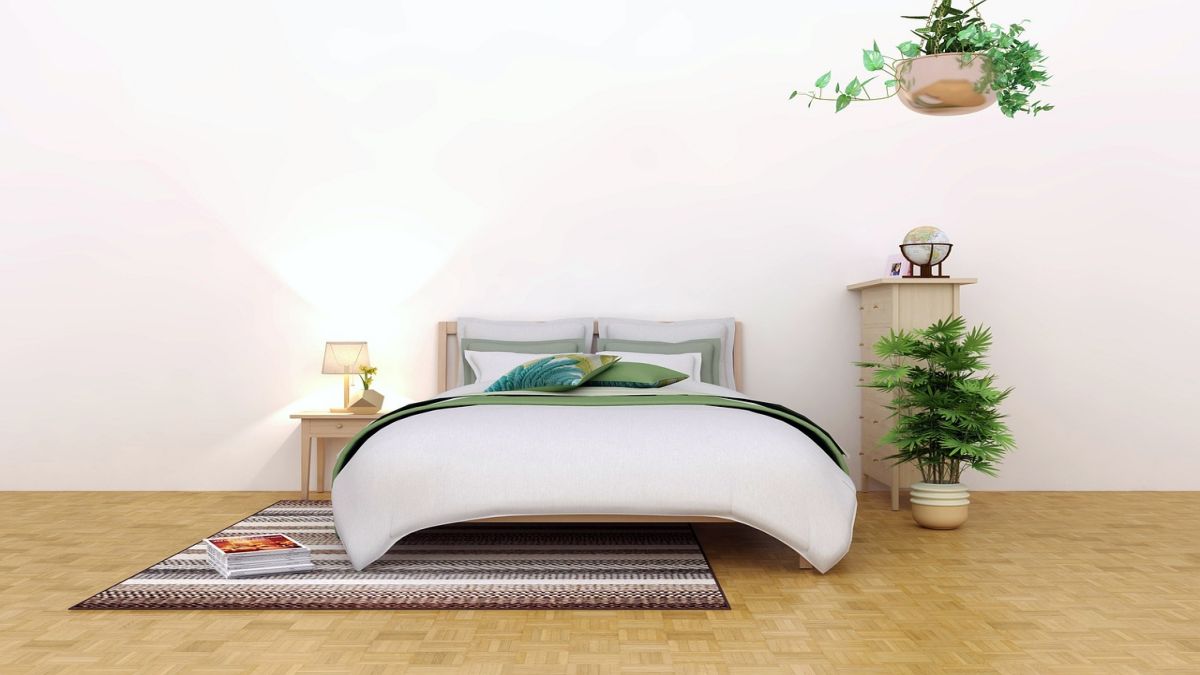
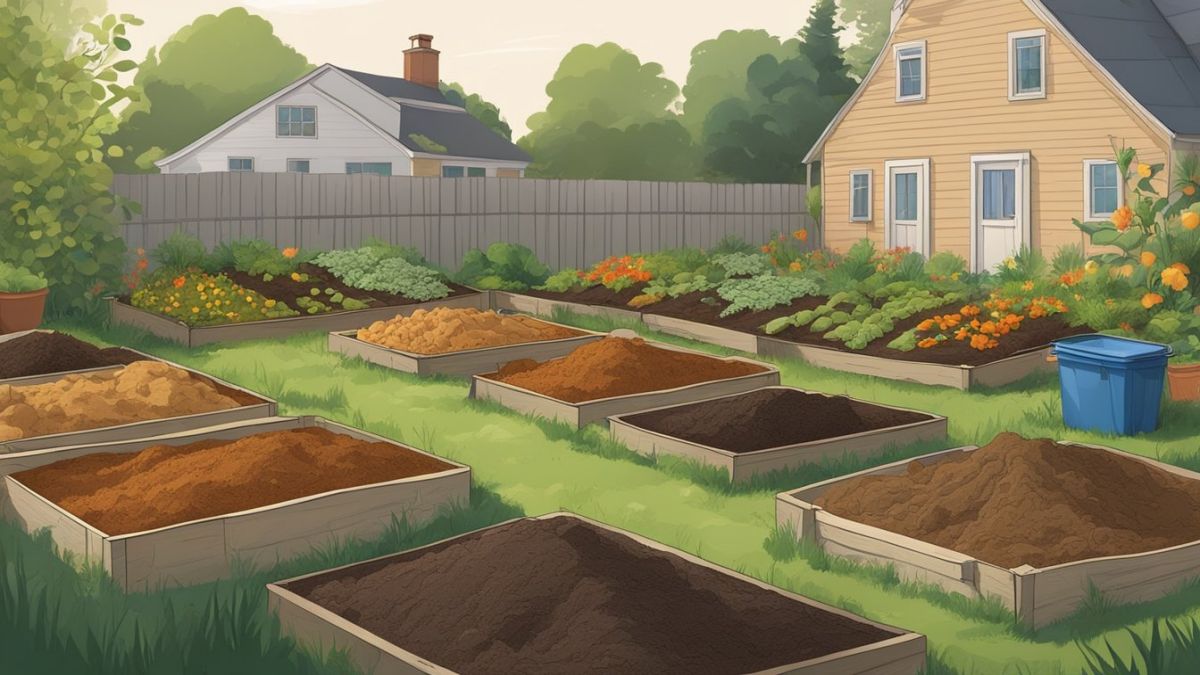
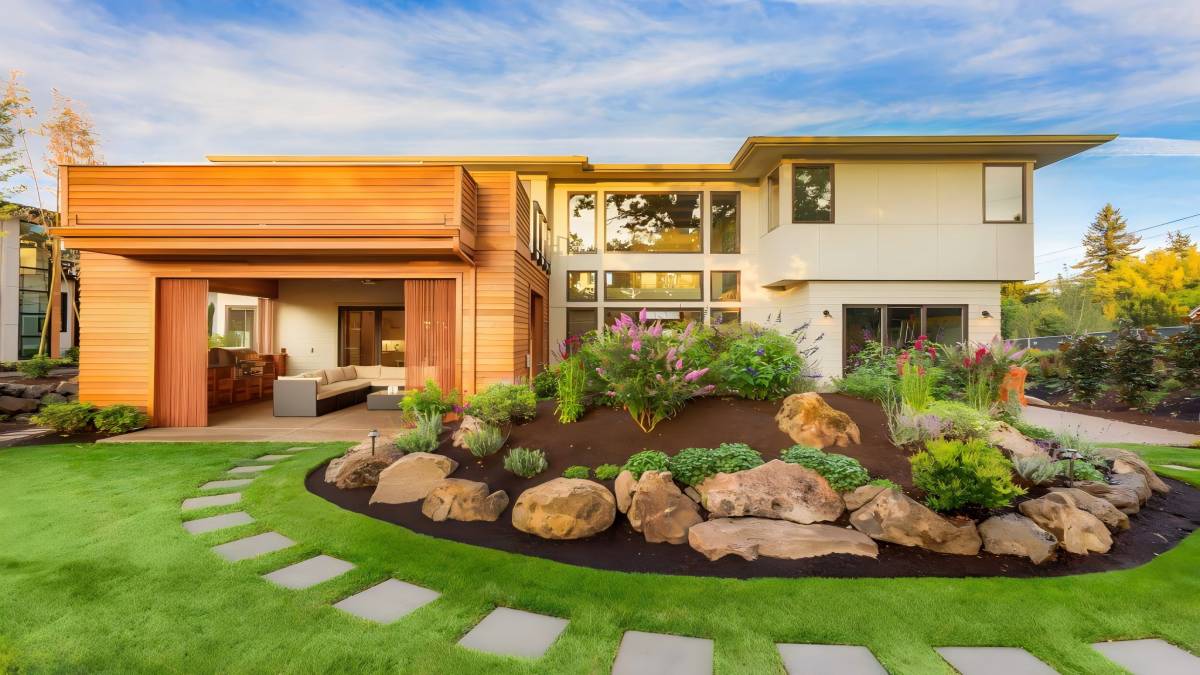

Hey there, friend! Turns out, even the greenest thumbs need a little help – and that's where composting comes in. Think of it like alchemy for your garden, transforming your leftover banana peels and coffee grounds into pure gardening gold!
Imagine creating a nutrient-rich elixir that breathes life into your soil, making your garden thrive like never before. So, grab a cup of tea, and let's explore the wonderful world of composting together.
But hold on, composting is more than just recycling. It's like creating a self-sustaining ecosystem for your plants.
Those eggshells and apple cores become a feast for tiny little decomposers in the soil, who in turn turn them into a nutrient-rich magic potion that makes your plants sing with joy (well, maybe not sing, but you get the idea).
Plus, you're doing your part for Mother Earth by keeping food scraps out of landfills, which – bonus points! – helps fight climate change. Talk about a win-win!
Yet another fact, according to a study published in the Journal of Soil and Water Conservation, incorporating compost into soil can increase water retention by up to 30%?
This means that your plants will have better access to moisture, reducing the need for frequent watering and helping them withstand dry spells more effectively.
Furthermore, using compost in gardening can improve soil structure by increasing aggregation and porosity.
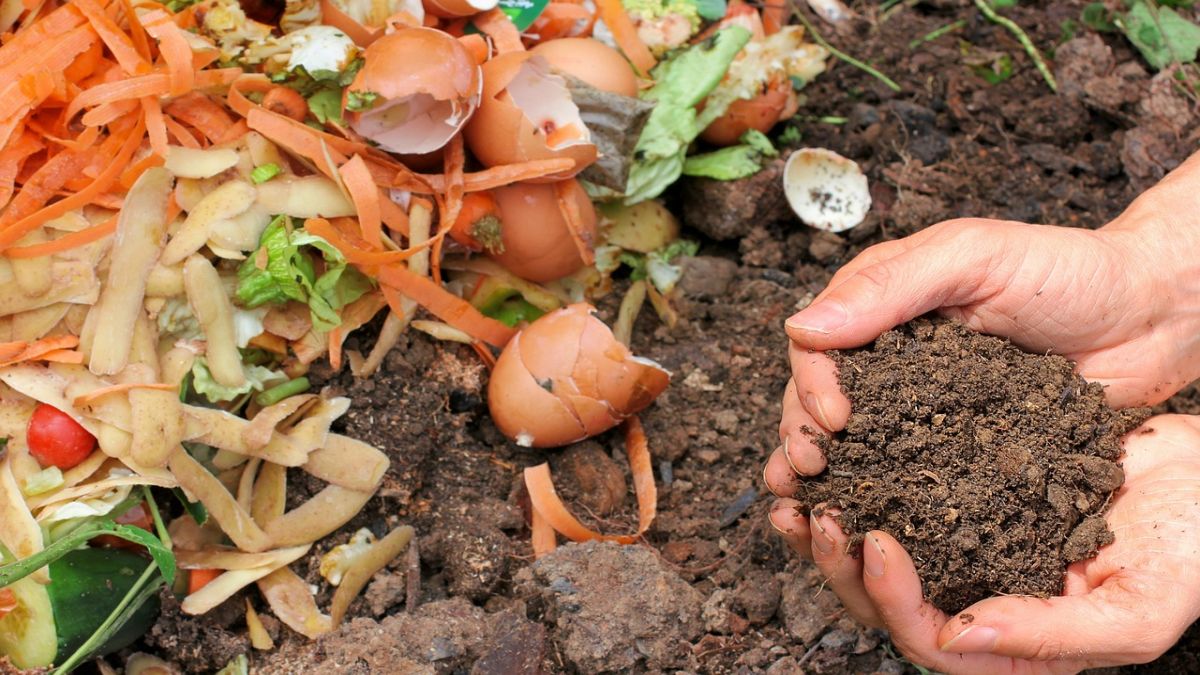
This allows for better root penetration, air circulation, and nutrient uptake, leading to healthier, more resilient plants that are better equipped to fend off pests and diseases.
But the benefits of compost don't stop there. It also helps to suppress plant diseases and pests by promoting the growth of beneficial microorganisms in the soil.
These little guys work hard to keep your plants healthy and happy, fighting off any unwanted visitors that might try to crash the party.
Feeling inspired yet? Let's move on to the next section, where we'll discuss how to make your own compost.
Making Your Own Compost
Alright, let's get our hands dirty (in a good way, of course) and create your very own compost pile! It's not rocket science, my friend. All you need is a little space, some elbow grease, and a few key ingredients:
Making your own compost is easier than you might think. All you need is a compost bin or pile, a mix of green and brown materials, and a little bit of patience.
Green materials are high in nitrogen and include things like fruit and vegetable scraps, grass clippings, and coffee grounds. Brown materials are high in carbon and include things like dried leaves, shredded paper, and straw.
To get started, layer your green and brown materials in your compost bin or pile, making sure to keep the materials moist but not soaked.
Turn the pile regularly with a pitchfork or compost aerator to introduce oxygen and speed up the decomposition process. In a few months, you'll have a rich, dark compost that's ready to be added to your garden soil.
If you're short on time or space, you can also purchase pre-made compost from your local garden center or nursery. Look for a high-quality compost that's been properly cured and is free of any weed seeds or contaminants.
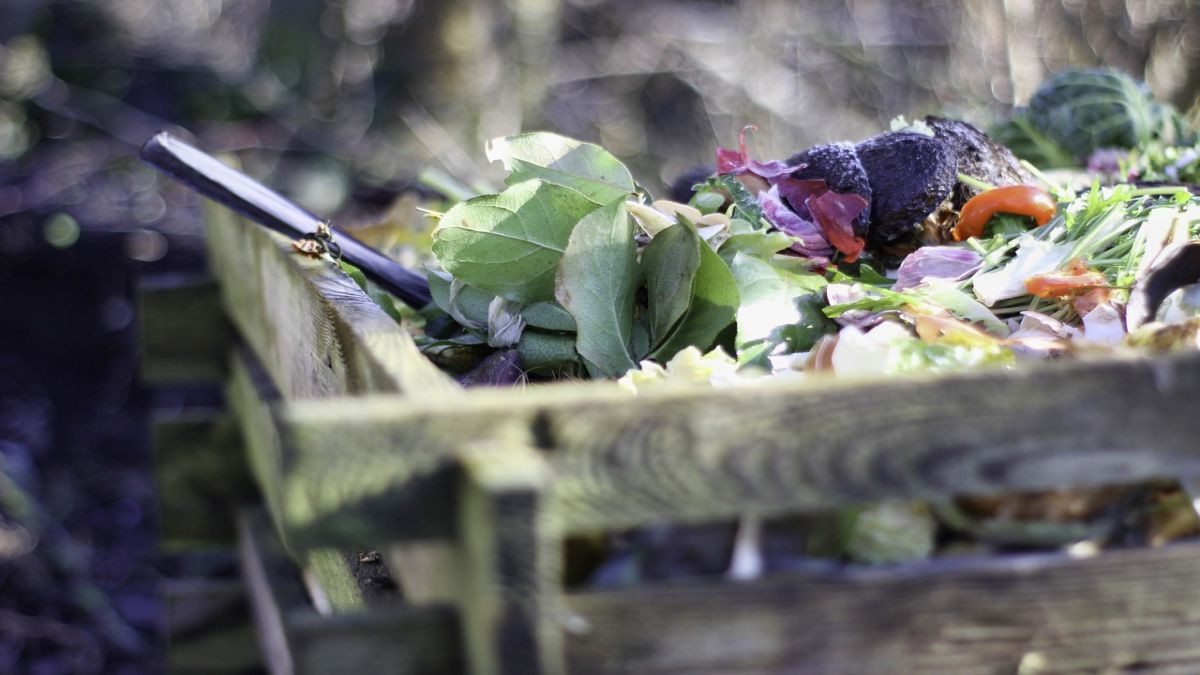
Practical Tips for Using Compost in Your Garden
1. Mix Compost into Planting Holes
When planting new trees, shrubs, or perennials, mix compost into the backfill soil before placing the plant in the hole. This will provide an immediate nutrient boost to the plant and help establish strong root growth.
2. Create Compost Tea
Compost tea is a liquid fertilizer made by steeping compost in water. It's a great way to deliver a concentrated dose of nutrients to your plants. Simply soak a bag of compost in a bucket of water for a few days, then use the nutrient-rich water to water your plants.
3. Top-Dress Garden Beds
Incorporate compost into your garden beds by top-dressing the soil with a layer of compost. This can be done in the spring and fall to replenish nutrients and improve soil structure. Remember to keep the compost layer around 1-2 inches thick.
4. Mulch with Compost
Using compost as mulch around your plants not only helps retain moisture and suppress weeds but also adds nutrients to the soil as it breaks down. Apply a layer of compost mulch around your plants, leaving a few inches of space around the stems to prevent rot.
5. Compost in Raised Beds
For raised bed gardening, mix compost into the soil each season to replenish nutrients and improve soil structure. Raised beds tend to lose nutrients faster than in-ground beds, so regular additions of compost are essential for healthy plant growth.
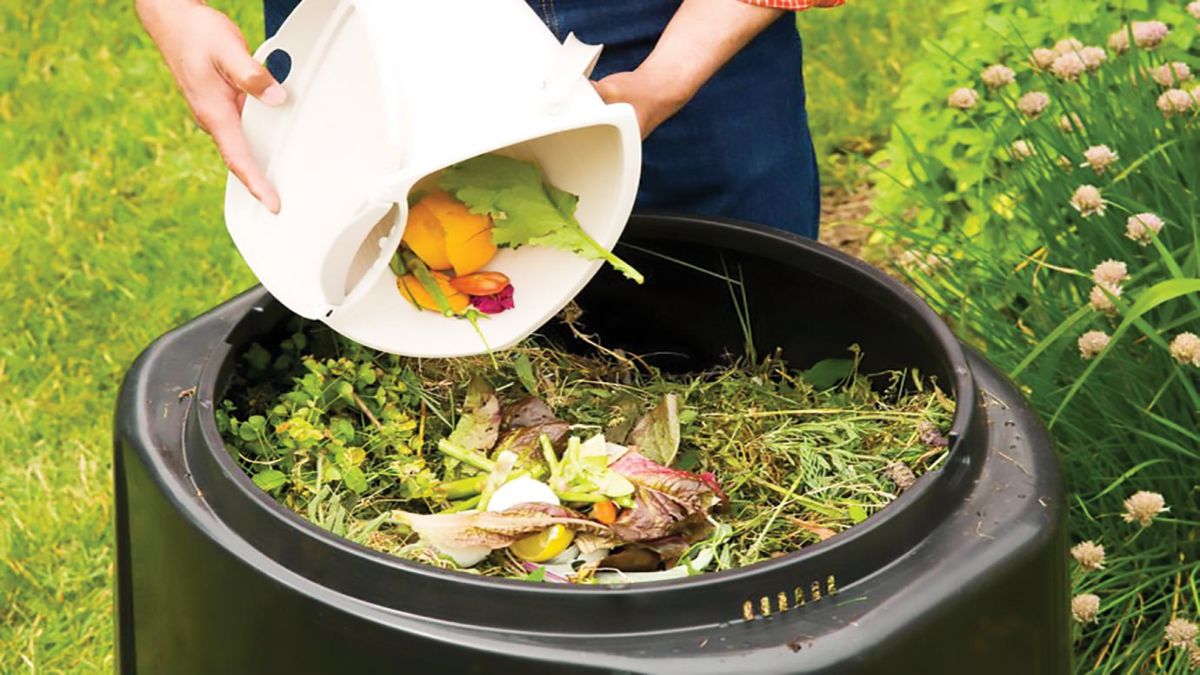
6. Compost for Seed Starting
Create a seed starting mix by blending compost with potting soil. The nutrients in the compost will provide a healthy start for your seedlings, promoting strong growth from the beginning.
7. Compost for Lawn Care
Top-dress your lawn with compost in the fall to improve soil health and promote lush, green grass. The compost will help break down thatch, improve soil structure, and encourage beneficial microbial activity in the soil.
Final Wrap!
Finally, let's wrap things up with some tips for getting the most out of your compost: When it comes to using compost in your garden, the key is to use it consistently and in the right amounts.
A little bit of compost goes a long way, so don't overdo it. Aim for a 1-2 inch layer on your garden beds and a 1/4 inch layer on your lawn.
It's also important to remember that compost is not a substitute for fertilizer. While it does provide some nutrients, it's not a complete fertilizer solution.
Be sure to supplement your compost with a balanced fertilizer to ensure that your plants are getting all the nutrients they need.
Finally, don't be afraid to experiment with different types of compost. There are many different recipes out there, each with its own unique blend of nutrients and benefits.
Try mixing in some worm castings or seaweed extract to give your compost an extra boost of nutrients and beneficial microorganisms.
So there you have it, my friend! Using compost to improve your garden soil is one of the best things you can do for your plants.
It's like giving them a big hug of nourishment and support. So, what are you waiting for? Get out there and start composting!

Effortless Summer Gardening Hacks for a Lush Landscape
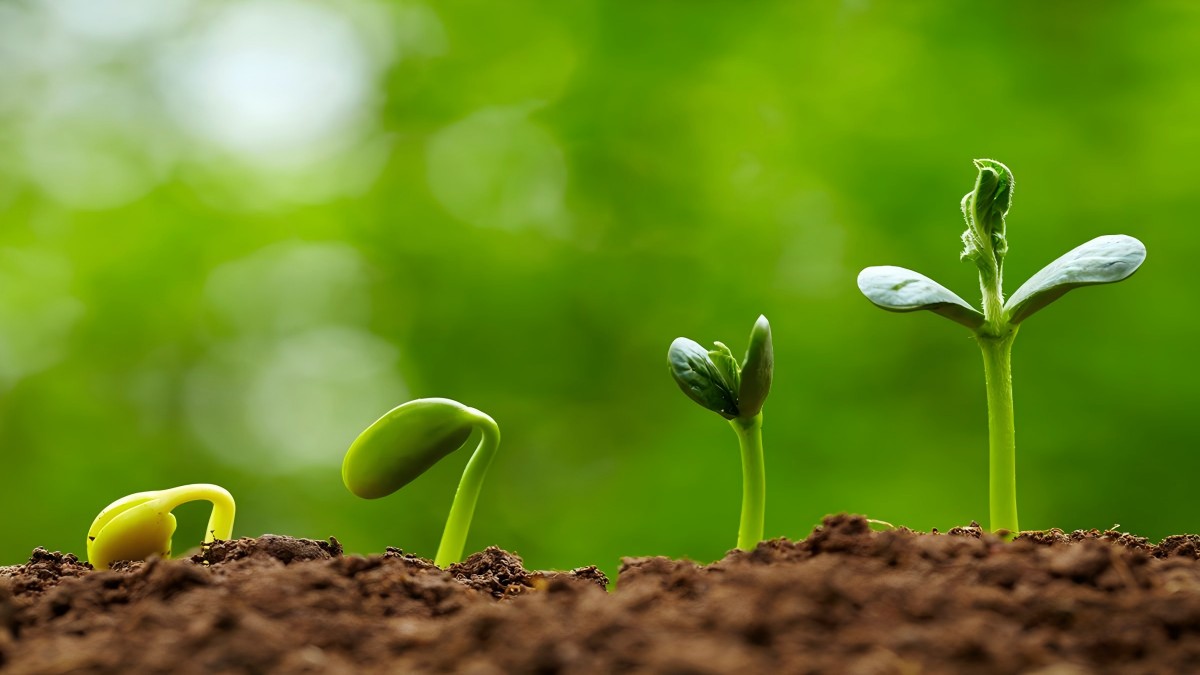
Here’s a complete guide on what you should prepare before planting your seeds.
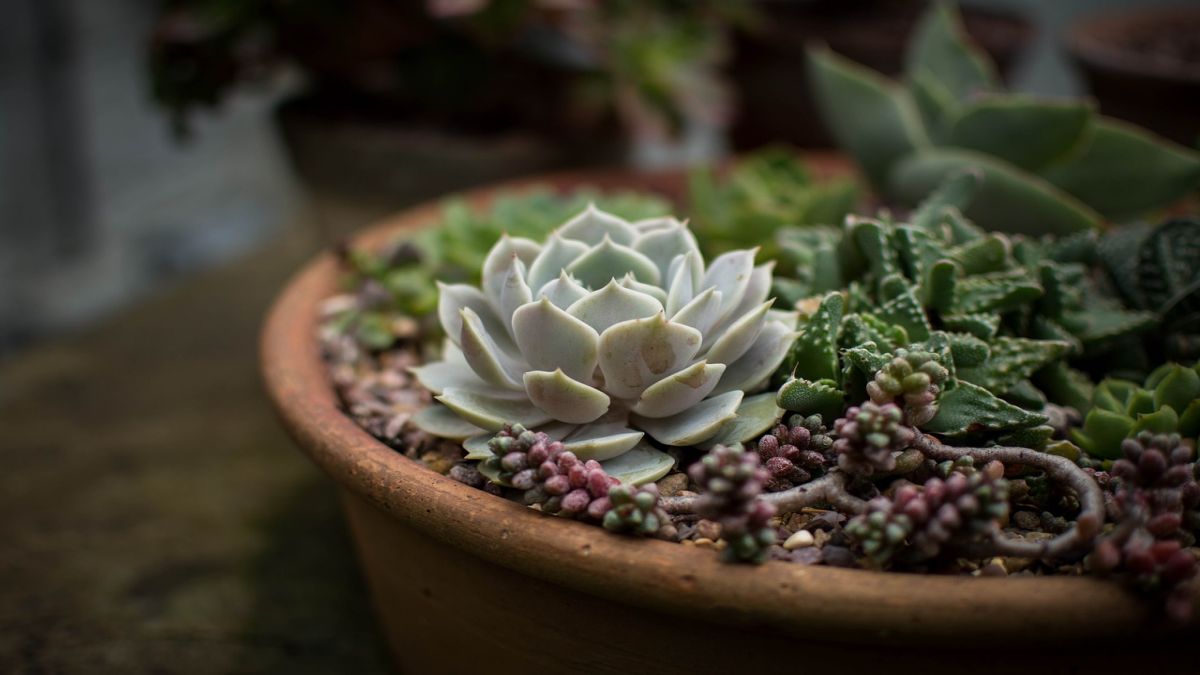
Planting for Wellness: How Indoor Plants Can Improve Your Health and Happiness

Embrace the Beauty of Autumn: Essential Gardening Tips for Fall